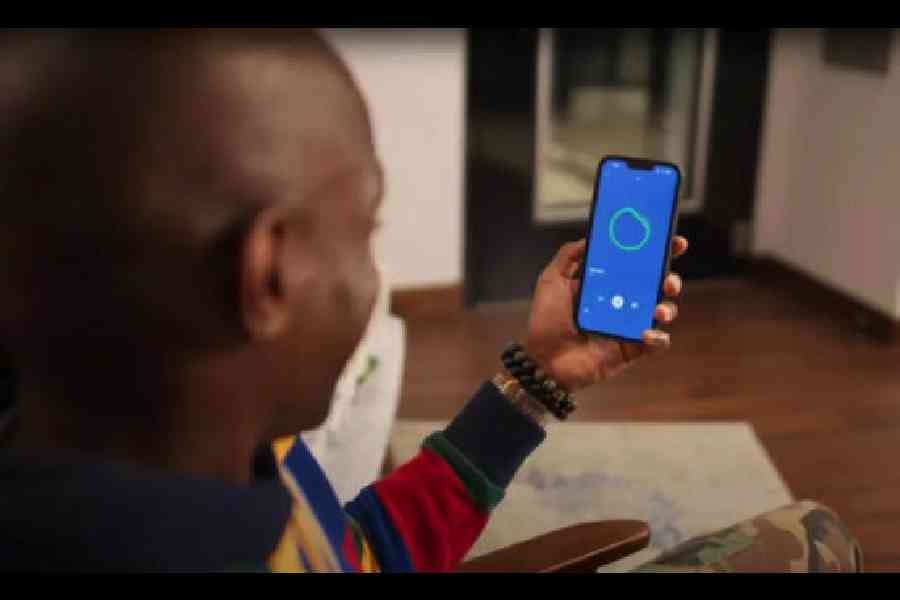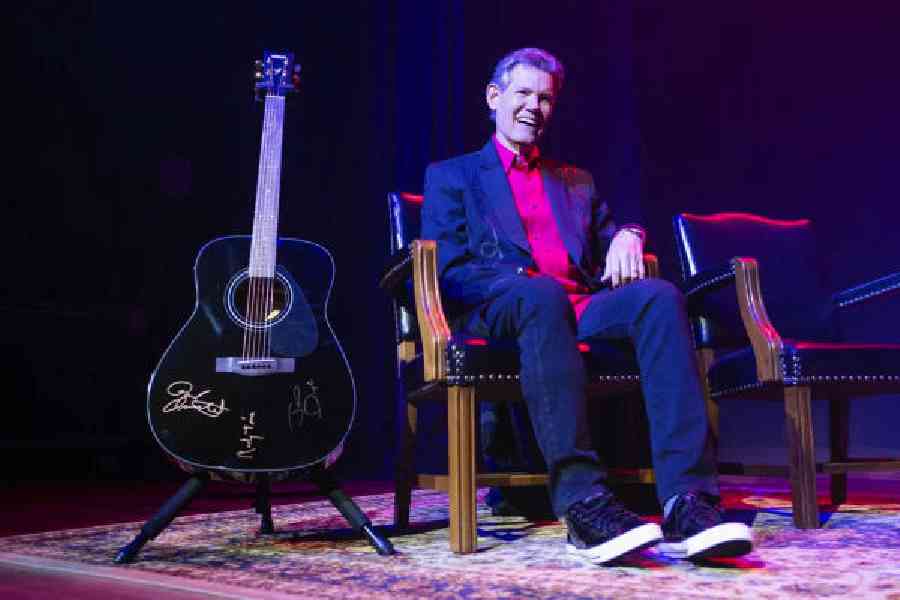The power of artificial intelligence in the music world is being felt in the past couple of years. For example, the Beatles’ AI-assisted song’s (Now and Then) Grammy nomination could push the interest in the technology. Here are a few recent developments on the AI and music front.
Randy Travis’s velvety voice recreated
A stroke in 2013 left country singer Randy Travis unable to speak or sing properly but reminding the world of his velvety voice is AI.
The song Where That Came From, a simple ballad, has all the trademark Travis elements. Produced using AI, the technology that is being used here has cloned the singer’s vocals, resulting in his first new song in a decade. According to his wife Mary Travis, it’s “the first [AI] song ever recorded and released with full artiste consent and involvement in a studio setting”, where his “label, producer, musicians, vocalists and Randy [were] all present”.

Imogen Heap
During his recent tour, which played its last 2024 date earlier this month, he appeared onstage with his wife. The two of them sat next to the band, comprising mostly Travis’s original touring musicians, as James Dupre, a country crooner who sounds like the man himself, took the microphone to deliver Travis’s greatest hits. But Where That Came From is different.
The song, available on Apple Music, Spotify and YouTube, is the result of Warner Music’s experiment. It may not be the best Randy Travis song but it certainly ranks high.
The song may have charted a new path for Warner, which owns the rights to important catalogues of music from famous, dead artistes, set for digital resurrection.
Imogen Heap and AI-powered songs
Grammy-winning musician Imogen Heap has teamed up with “ethically-trained” AI music platform Jen to launch a pair of AI models based on her music and voice.
She is launching her StyleFilter model, Jen’s tool that allows users to create original tracks, infusing musical styles of an artiste or producer into their new works. The model has been trained on Heap’s new singles What Have You Done To Me and Last Night of an Empire, with her permission. Second, Heap and Jen have also announced a new AI voice model trained on Heap’s distinct vocals.
The musician has always been on the cutting edge of music and since her early days popularised the use of vocoders, besides developing her own products, like the Mi.Mu gloves, a wearable tool that allows her to record loops and edit vocals with small hand movements.
She also is using something called Plaud Note, a ChatGPT-powered voice recorder. She has not made the device but it is becoming popular. She has told The Guardian that it will turn conversations into text and generate a summary of our thoughts. “For the last two years Heap has been gathering data about herself for a new project: an all-encompassing AI assistant called Mogen. Our interview will become training data; the text will prepare Mogen to answer questions about Heap’s life and work, while the audio will train Mogen to replicate her voice,” the publication reports.

Spotify AI DJ plays songs based on data it gathers about users' personal preferences and introduces some of them with a warm voice, similar to a traditional radio DJ
AI song remixes for Shorts
YouTube is testing a new feature that will let creators use AI to “restyle” licensed songs for their shorts. Creators in the experiment group can select from eligible songs and then give an explanation to AI about how they want to remix it. The changes will be seen when songs get a different genre or mood. From there a new song gets produced “that reimagines the music while maintaining the essence of the original song’s vocals and lyrics”, YouTube has said.”These restyled soundtracks will have clear attribution to the original song through the Short itself and the Shorts audio pivot page, and will also clearly indicate that the track was restyled with AI.” The expansion of YouTube’s Dream Track AI feature will generate a reworked 30-second soundtrack.











